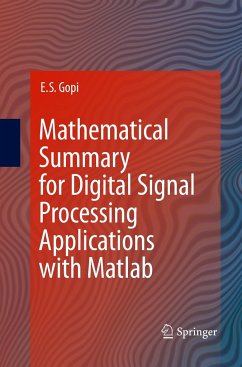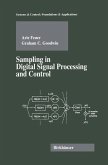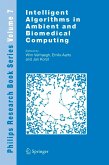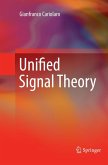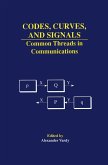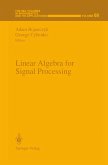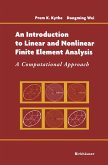Mathematical summary for Digital Signal Processing Applications with Matlab consists of Mathematics which is not usually dealt in the DSP core subject, but used in DSP applications. Matlab programs with illustrations are given for the selective topics such as generation of Multivariate Gaussian distributed sample outcomes, Bacterial foraging algorithm, Newton's iteration, Steepest descent algorithm, etc. are given exclusively in the separate chapter. Also Mathematical summary for Digital Signal Processing Applications with Matlab is written in such a way that it is suitable for Non-Mathematical readers and is very much suitable for the beginners who are doing research in Digital Signal Processing.
From the reviews:
"Summarizes the mathematical background required for the study of digital signal processing. ... The material is presented in a concise outline format, with relatively brief explanations illustrated by simple numerical examples. ... This volume may be useful to advanced students in electrical engineering and other areas of science and engineering who need to review these mathematical subjects before studying digital signal processing. Summing Up: Recommended. Upper-division undergraduates and graduate students." (B. Borchers, Choice, Vol. 48 (5), January, 2011)
"Summarizes the mathematical background required for the study of digital signal processing. ... The material is presented in a concise outline format, with relatively brief explanations illustrated by simple numerical examples. ... This volume may be useful to advanced students in electrical engineering and other areas of science and engineering who need to review these mathematical subjects before studying digital signal processing. Summing Up: Recommended. Upper-division undergraduates and graduate students." (B. Borchers, Choice, Vol. 48 (5), January, 2011)

